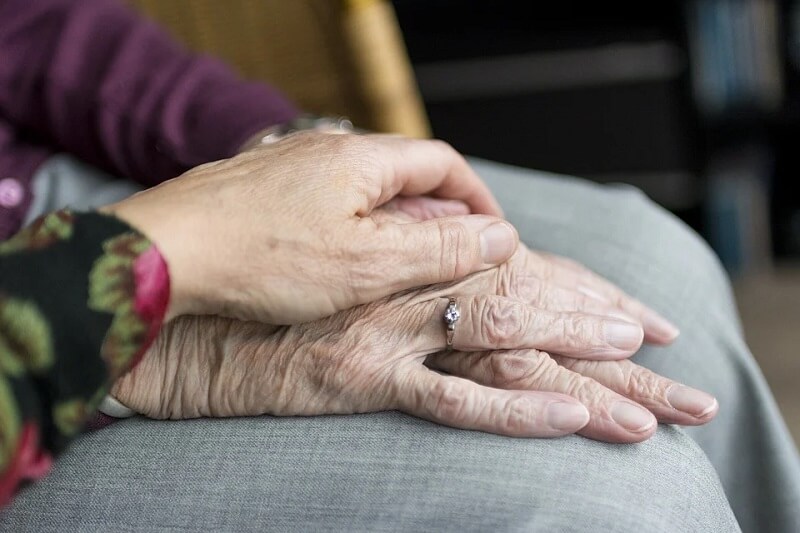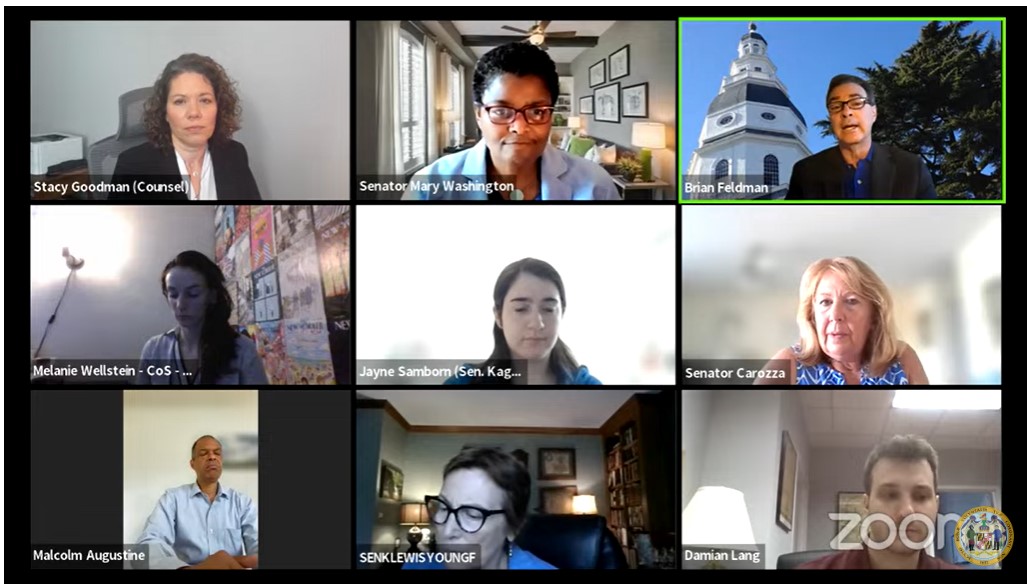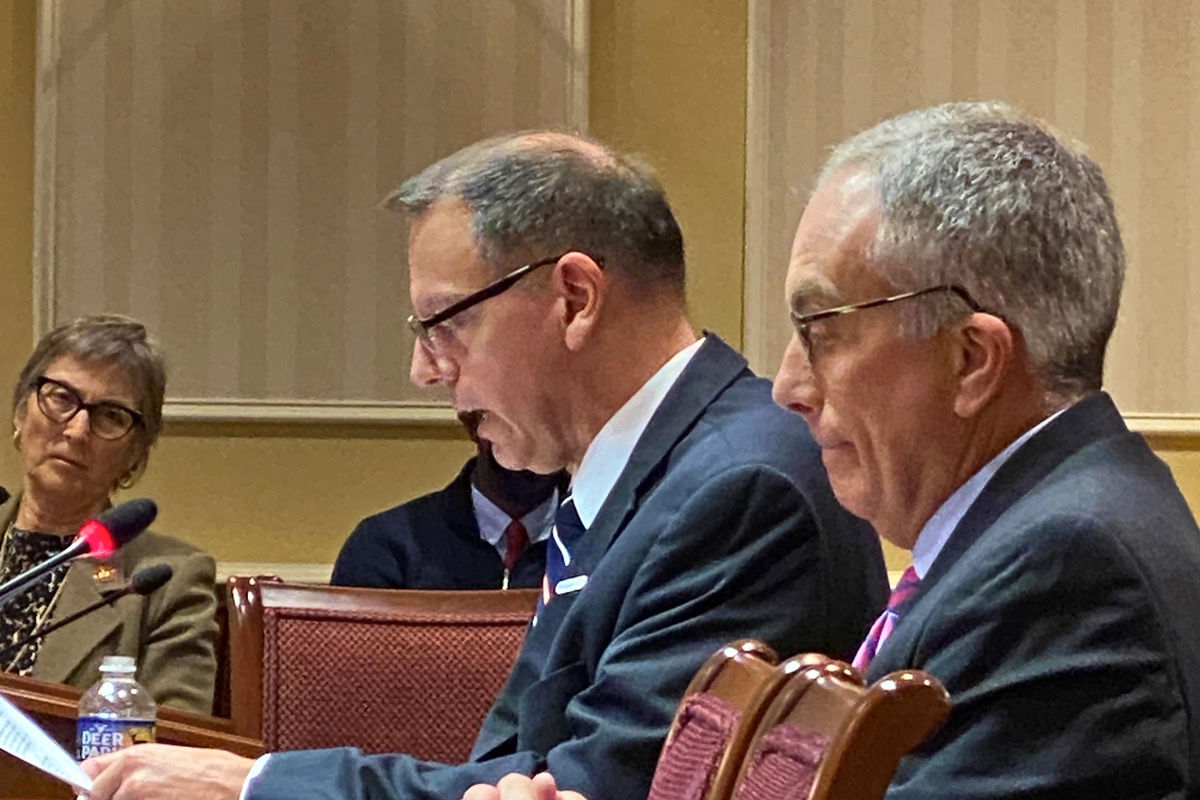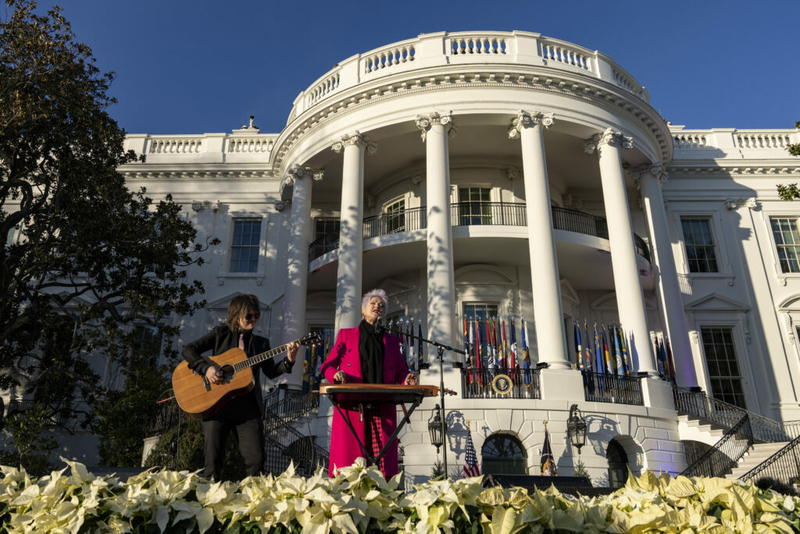
The 2021 Maryland General Assembly Session contained important legislation for Maryland’s seniors, including the 110,000 Marylanders affected by Alzheimer’s disease – a number that will see an 18.2% increase to 130,000 by 2025, according to the Alzheimer’s Association’s 2021 Alzheimer’s Disease Facts and Figures report. We urge Gov. Larry Hogan to sign legislation and advance initiatives before him, which will build Maryland’s infrastructure for individuals and their families grappling with Alzheimer’s and all dementias.
Senate Bill 313, sponsored by Sen. Mary Washington (D-Baltimore City), requires the Maryland Department of Health to utilize its existing programs to increase awareness and educate health care providers and the public about Alzheimer’s. This bill calls on MDH to act in a coordinated partnership (with representatives from the Virginia I. Jones Alzheimer’s Disease and Related Disorders Council, the Alzheimer’s Association and the Maryland Department of Aging) and develop a foundation for communicating about dementia.
This effort will have a focus on Black and Latino communities, which are disproportionately affected by Alzheimer’s and dementia. The Alzheimer’s Association’s special report, Race, Ethnicity and Alzheimer’s in America, reveals that non-White populations expect and experience more barriers in Maryland and across the United States when accessing dementia care.
As Maryland builds awareness about Alzheimer’s, our state must also aid its existing dementia care workforce; they need sufficient dementia-specific knowledge to effectively manage the 95% of individuals with dementia who have one or more chronic condition.
House Bill 141, sponsored by Speaker Pro Tem Sheree Sample-Hughes (D-Dorchester, Wicomico) and cross-filed by Sen. Katie Fry Hester (D-Howard, Carroll), requires home care workers at Maryland’s residential service agencies to complete initial and annual dementia education. The legislation, endorsed by the Maryland-National Capital Home Care Association, emphasizes that Maryland can make an investment in this workforce part of the infrastructure for our aging population.
No part of our population has been more affected by COVID-19 than the long-term care industry. House Bill 416 requires an update to Maryland’s assisted living facility regulations, with specific protections for memory care units at these facilities, where residents with Alzheimer’s and other dementia can live. The legislation, sponsored by Del. Lisa Belcastro (D-Baltimore County) and cross-filed by Sen. Pamela Beidle (D-Anne Arundel), stems from the 2020 report of the Oversight Committee for the Quality of Care in Nursing Homes and is supported by LifeSpan and LeadingAge Maryland. Maryland must move forward stabilizing long-term care facilities and enacting regulations which prioritize long-term care residents.
Broader planning for Marylanders must also occur parallel to these legislative initiatives.
At the request of House Appropriations Chair Maggie McIntosh (D-Baltimore City), the fiscal year 2022 budget includes language which requires MDH and MDOA to collaboratively submit a report to the legislature on their plan for cognitive and behavioral health. And we urge Department of Aging Secretary Rona Kramer to chart a cross-cutting path with the next State Plan of Aging; Maryland can work across state agencies to improve its system of long-term care, addressing social isolation and valuing the workforce who serve our seniors.
Amidst the challenges of the burgeoning senior population, there was $1.2 billion in Medicaid spending on seniors with Alzheimer’s during 2020, a cost projected to increase 25% by 2025. We ask Gov. Hogan to move these policy initiatives forward, to urgently reach and help more vulnerable Marylanders, and build an infrastructure to manage Alzheimer’s and all other dementias statewide.
–DAVID MCSHEA AND J.R. PATERAKIS
The writers are, respectively, executive director and president of the board of directors of the Alzheimer’s Association of Greater Maryland.





 Creative Commons Attribution
Creative Commons Attribution